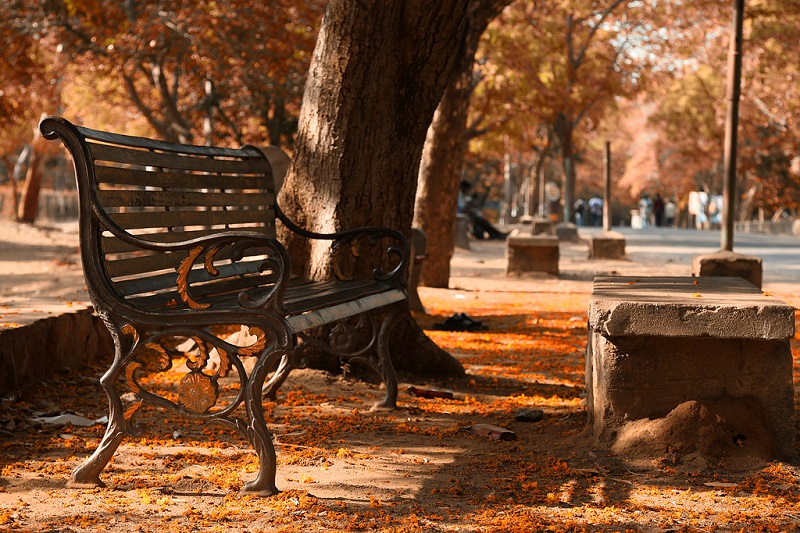Isolation & Loneliness – reflections by Peter (89), November 2016
- Today there are many single person households – some are of younger people (age 20-30 yrs) as marriage is becoming later, but most are of older people, their partner has pre-deceased them. In the past such people often went to live in the family of one of their children. Today many prefer to live independently. There are fewer children, they live far away, they do not have space in their house, daughter and son are both in full time employment and do not have time to care for a frail parent.

- Living alone/isolation can cause problems, loneliness leads to depression leads to self neglect (not eating regularly, ignoring symptoms of ill health) leads to ill health and serious illness (reducing life expectancy, costs to NHS). In all, a poorer ‘Quality of Life”. We employ various methods to avoid loneliness. These can be categorised:
- a) Being engaged: Some of us are not gregarious, are retiring by nature, we are content to stay at home:
- Keeping up with the daily news through TV, radio, newspapers
- Reading novels etc, following TV dramas
- Frequent telephone calls to children, email and texting, skype
One is engaged with the outside world.
b) Face to face contact:
Many of us are more sociable, gregarious etc and feel the need for interpersonal contact:
- For those who can get out and about there is a large range of activities – lunch clubs, morning coffee groups, afternoon tea, exercise classes, chess, art classes etc. Many participants in such activities have relatively little interest in the activity, they attend for the cup of tea and biscuit and the chance to chat with a friend.
- Many volunteering organisations have schemes for regular (weekly?) visits to a housebound person. For some older people (do not need carer visits etc) these social visits are described as the only face to face contact with another person.
c) Having a purpose in life, make one’s contribution to society. This can take many forms:
- Within a family, being active in children’s/grandchildren’s progress a work/school/home improvements etc.
- Being an active member in an organisation (ie helping to organise (rather than be a silent participant) All in all – helping to make a better world for the future
- I feel that this is the most important of the three choices. I envy those described in their obituaries as “working” days before their ultimate death, at meetings, finishing a book or article etc.
- In the debates on voluntary euthanasia it is now argued that being terminally ill/no hope of recovery is no longer the necessary condition. One should be allowed to end one’s life when one feels that one can no longer CONTRIBUTE (one is only a burden); thought better to leave this world….One no longer has a “project” in which to be activity involved.
- I suspect that many of us employ all three methods to some extent – it will depend on our personalities and be constrained by our health, mobility etc. Nevertheless I feel that b) face to face contact is often uppermost in planning etc. Assessment of any individuals needs should look at all three possibilities.

